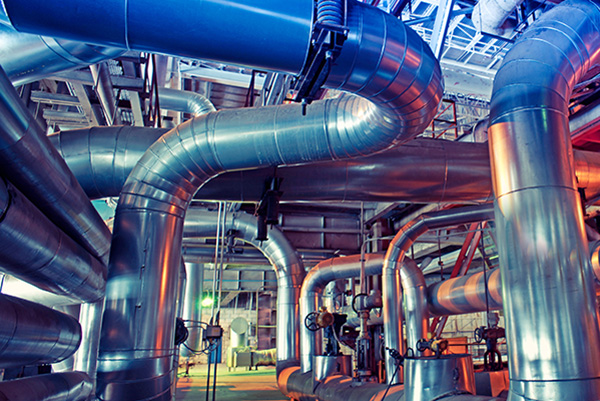Technology Type
- Type
- Methanol Oxidation to Formaldehyde
- Process
- Oxidation
- Link
-

- #TT19
Description
Your insights will be shown here
No entries
| Title | Date |
|---|
| Technology | Owner | Entity |
|---|---|---|

|
Johnson Matthey |
Content provided by
| Transaction | Name | Date |
|---|---|---|
| Modified by |
|
11/14/2021 7:36 AM |
| Added | 11/14/2021 7:34 AM |







